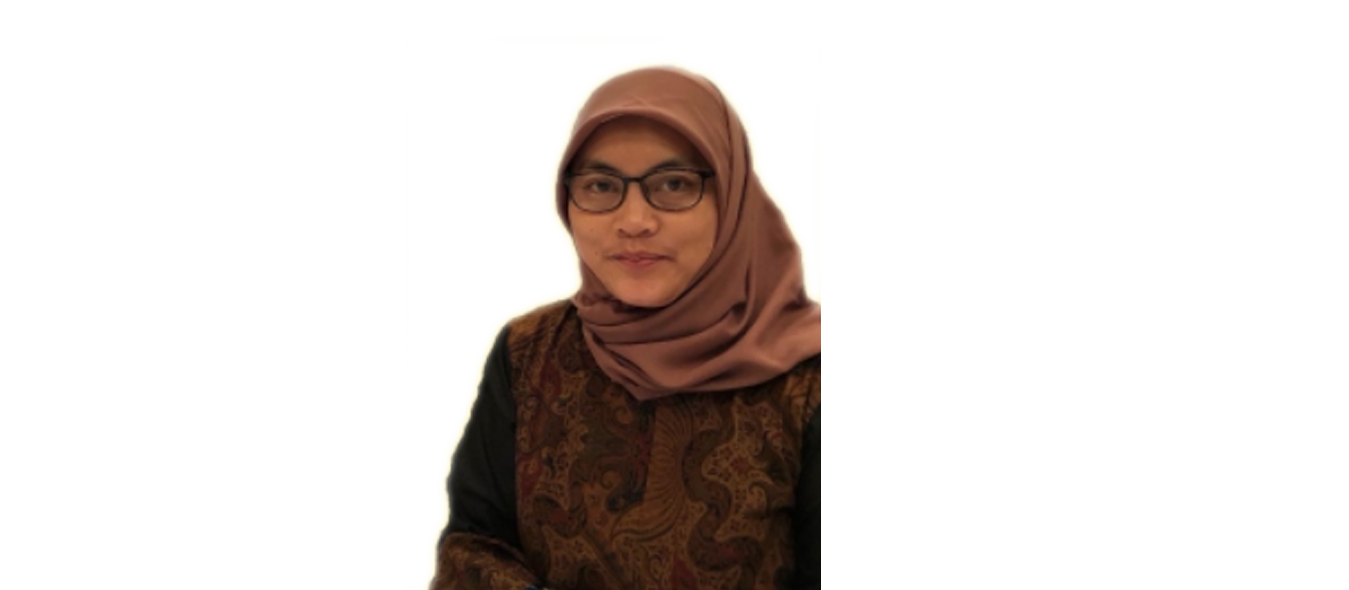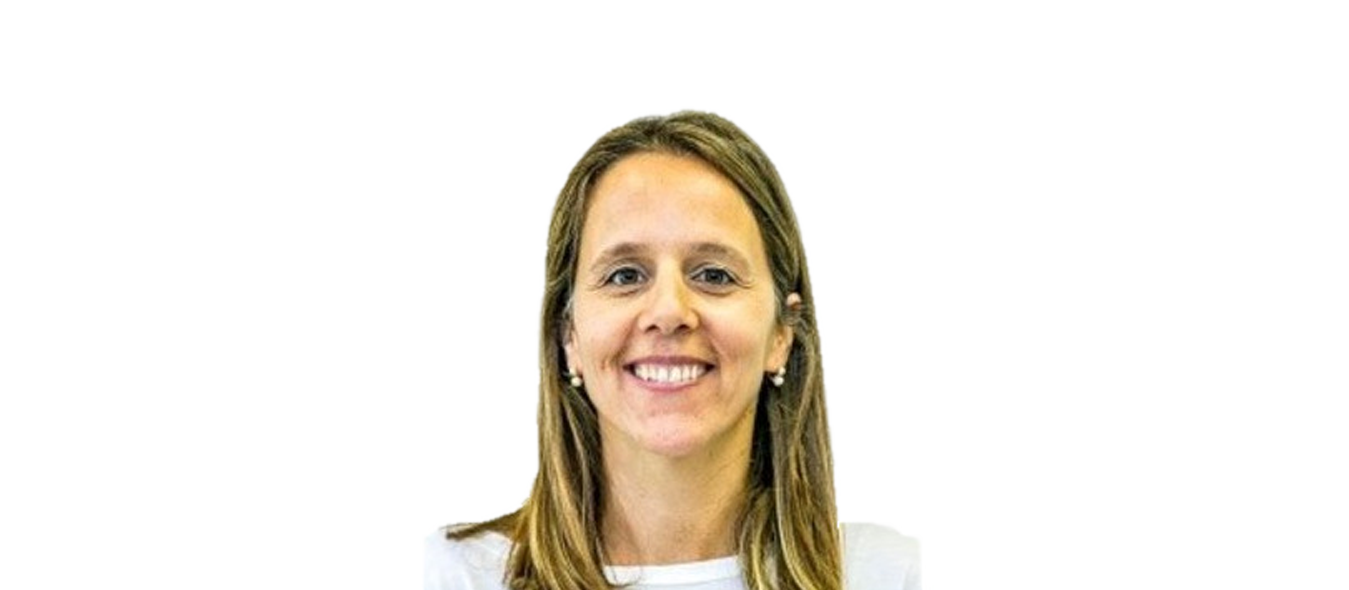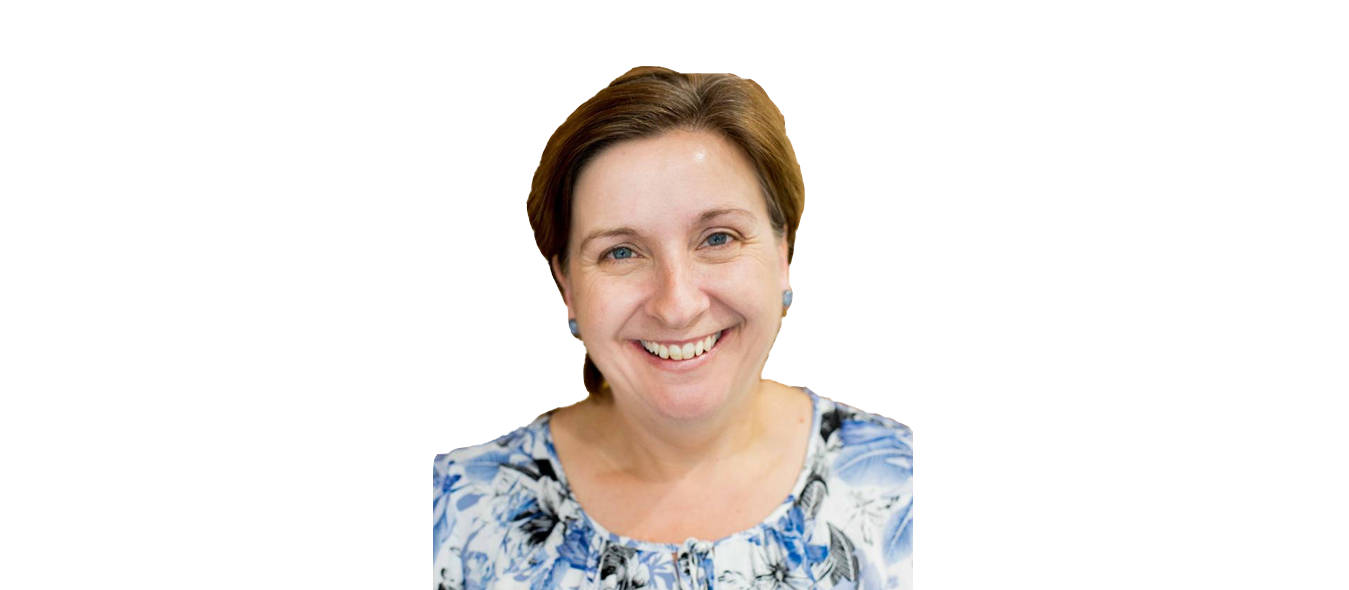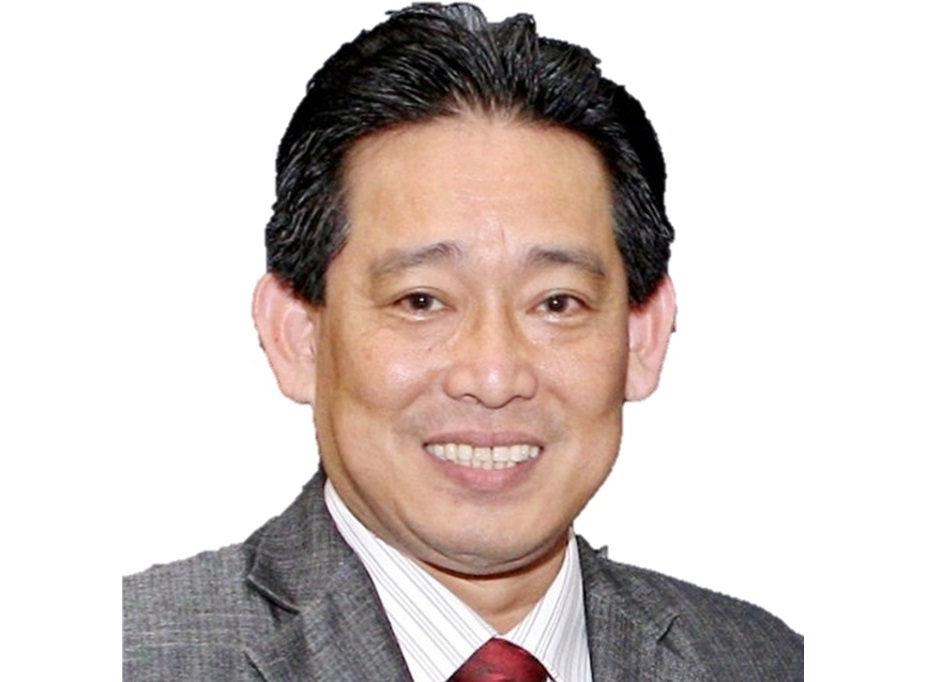+62 22 4231280 +62811 2001 005

WORKSHOP ON DEVELOPMENT OF ECONOMIC ANALYSIS DUE TO VISUAL IMPAIRMENT AND AVOIDABLE BLINDNESS
Visual impairment and blindness is devastating the economies converting people and communities into poverty. Poor people with blindness have inadequate access to good nutrition, health services, education, housing, water, and sanitation. Visual impairment and blindness affect the people in low- and middle-income economies ten to twenty years earlier than those who in developed economies. A recent study by Pricewaterhouse Coopers, commissioned by The Fred Hollows Foundation, estimates that the cumulative impact of lost economic activity in low- and middle-income due to vision impairment and blindness is $52 billion annually (in 2010 US dollars).
Globally, at least 2.2 billion people have a visual impairment and blindness, of whom at least 1 billion are avoidable. Visual impairment and blindness is associated with a considerable disease burden. The total cost of visual impairment and blindness globally was estimated at $3 trillion in 2010, of which $2.3 trillion was direct health costs. This burden is projected to increase by approximately 20% by 2020. Therefore, some efforts to reduce prevalence of visual impairment is critical in the region.
Some of APEC developing economies have not estimate economic impact related to non-communicable diseases because they don’t have or lack of knowledge and skill of it. In order to increase their capacity, we propose a workshop on development of economic analysis related to visual impairment and avoidable blindness. We belief, it would support the APEC economies to create a framework of economic consequences and situational analysis related to visual impairment and avoidable blindness so they more aware to prevent economic loss (direct and indirect cost) and develop a strategy of cost effective program in controlling the diseases in the region
Please fill Project Evaluation Survey for our improvement. Thank you.
Click Link
Workshop Materials / Presentation Click to Download
Certificate Click Download
WORKSHOP ON DEVELOPMENT OF
ECONOMIC ANALYSIS DUE TO VISUAL IMPAIRMENT
AND AVOIDABLE BLINDNESS
Project Objectives
The project will:
- Increase capability of participants to apply their knowledge on daily jobs, especially on making economic analysis due to visual impairment and (avoidable) blindness.
- Economic burden due to visual impairment and (avoidable) blindness could be addressed
- Encourage policy makers to refine their domestic policies on visual impairment due to visual impairment and (avoidable) blindness prevention,
- Develop annual and strategic plan to promote the progress in NCD prevention and control.
- A regional Health Economic in Visual Impairment and Avoidable Blindness Prevention and Control Network could be established and long-term collaborations could be carried out among economies through the website, continuing communications, discussion, workshop, and cooperation. Any economy who is willing to participate in this network will be welcome. Both officials of the government and experts from economies will be the main participants in this network
Event Objectives
Three days workshop will be held on March 2022. Target participants are key persons from all developing economies APEC members.
VIRTUAL EVENT
March 25 - 27, 2022
Target participants are all APEC member economies:
Australia
Brunei Darussalam
Canada
Chile
People's Republic of China
Hong Kong, China
Indonesia
Japan
Republic of Korea
Malaysia
Mexico
New Zealand
Papua New Guinea
Peru
The Philippines
Russia
Singapore
Chinese Taipei
Thailand
The United States
Viet Nam
They can be from Ministry of Health (government)and representatives from the private sector or civil society (such as CBM, IAPB, Fred Hollow Foundation), academics (public health department), or other stakeholders with 2 (two) years experience in eye care program in their economy and preferably have experience in development national or sub-national of eye care plan They will benefit from this project by sharing information and insights during and after the workshop. They can develop economic impact analysis due to visual impairment and blindness in their area. Long-term communication, exchange and collaboration in the local, regional, and international level after the workshop could be promoted by creating a health economic in visual impairment and avoidable blindness prevention and control network. Especially, this network can build a routine mechanism for the mutual communication and visits, meetings, exchange of the information via internet and other media. Based on the previous experience, there is a very high possibility of establishing such a network within APEC economies, especially markedly on increasing burden of economic impact related to visual impairment and avoidable blindness in Asian Pacific Region; and visual impairment and avoidable blindness prevention and control is the priority in most of the APEC economies.
Gender equity and women’s benefit is critical to the achievement of visual impairment and (avoidable) blindness prevention and control in Asian Pacific Region.
The invited speakers/experts and participants will attended by up to 50% of women. Gender equity is critical as women’s economics empowerment will be improved in preventing economic loss related to visual impairment and avoidable blindness in Asian Pacific Region since most of women are suffering of non-communicable diseases. With this event, women could increase their knowledge and capacity on health economics, gain equal opportunities to access the markets, eye care services, so women are physically capable of a range of economic pursuits and are prepared both educationally and technically for success in the workforce, in business, and in entrepreneurship and increase the awareness of eye health and policy changes and refinement to reduce the gender inequalities in the future which is according to one of the five pillars on women’s economic empowerment (pillar no. 3).
The criteria for selecting the nominated participant are as followed:
- The participant must be able to present themselves in English
- The participant must meet at least one of the following criteria
- have experience in eye care program development
- no/minor experience in economic modelling related with eye care
- have basic knowledge in eye care epidemiology
Language
The event will be conducted in English.
To See The Schedule Click Below :
Moderator : Dicky Budiman, MD

Moderator : Syumarti, MD

Moderator : Alfiah Hasanah

Time Zone
This workshop will be conducted in a GMT+7 time zone and the opening ceremony will be held at 9:30 AM of March 25-27, 2022. Since the workshop is a virtual event and no cross-border travel will be required, participants should make sure the correspondent time in their respective time zone.
Opening Ceremony Time in Capital City of Each Economy (for reference):

DOWNLOAD NOMINATION FORM
CLICK HERE
Contact us :
Jl. Cicendo No. 4
Indonesia
Telepon:
62-22-4231280, 62-22-4231281
Faks:
62-22-4201960, 62-22-4201962
http://www.cicendoeyehospital.org
Organizer: Ministry of Health, Indonesia
Co-Organizer: National Eye Center, Cicendo Eye Hospital, Indonesia
Event held under APEC Project: APEC Health Working Group (HWG 07 2020A)
Sponsoring Economy / Project Overseer: / Nina Ratnaningsih
Co-sponsoring APEC economies: Republic of Korea; Malaysia; Australia; Singapore; Hong Kong, China; Japan; Thailand; Peru
Web Link & Info
Visi dan Misi
Visi dan Misi Tahun 2020 - Tahun 2024
Visi
To Be Excellence Eye Care
Misi
Eye Care for Everyone Seeing Better World
• Eye care:
Memberikan pelayanan kesehatan mata
• For everyone:
Pelayanan yang tidak diskriminatif, kepada seluruh warga masyarakat
• Seeing Better world:
Melihat dunia dengan lebih baik




























